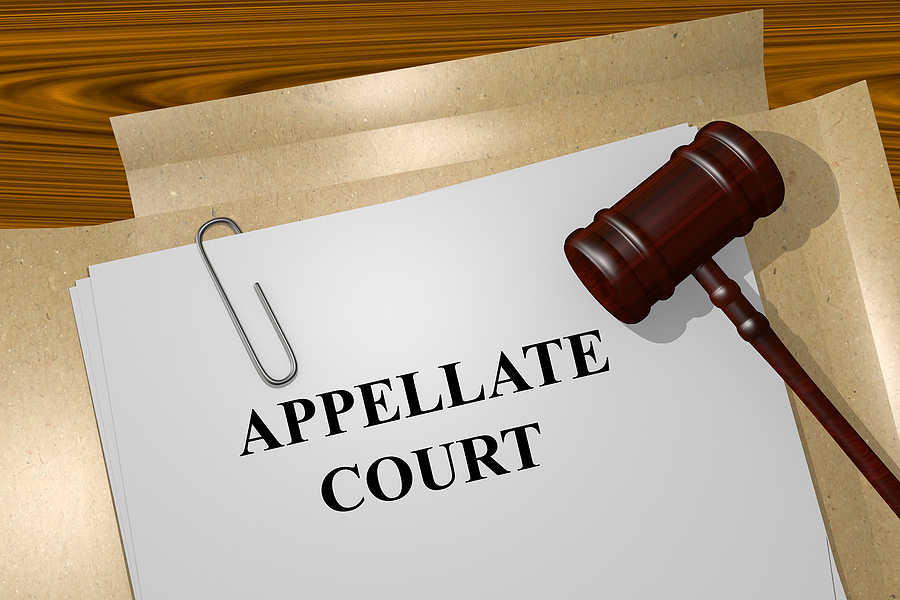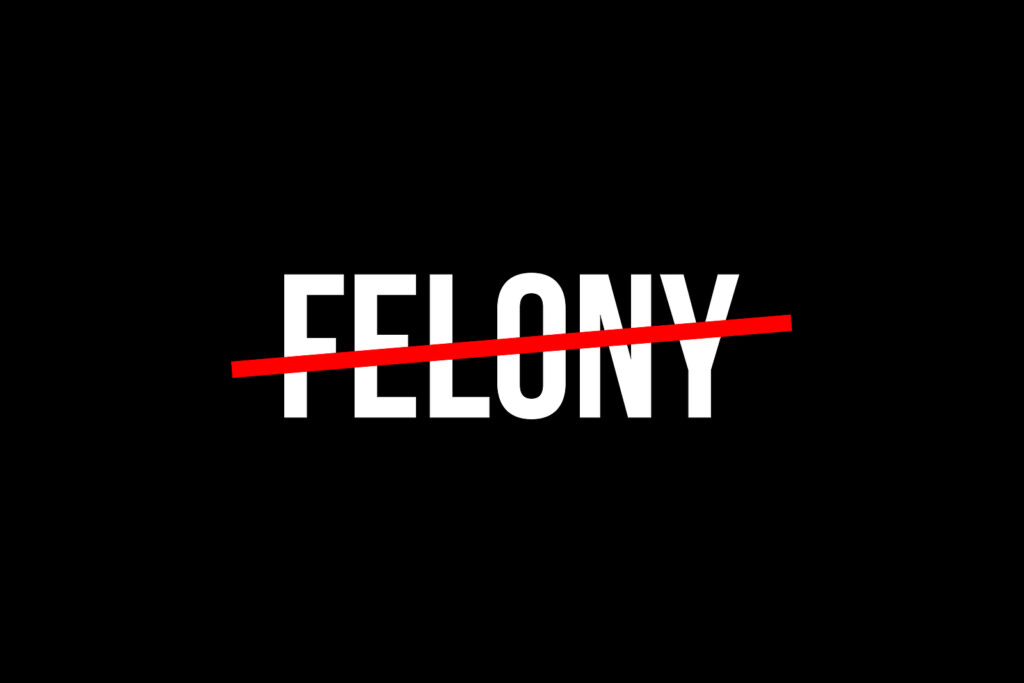Going to jail or prison can be a difficult experience for anyone, and it can come with its own unique set of stresses. Not only do inmates have to deal with the physical deprivation of being in confinement, but they also have to cope with the mental strain of not knowing what their future holds and how long their incarceration will last. In order to make the best out of this difficult situation, it’s important that prisoners learn strategies for managing their time while incarcerated.
Here are some tips on how to cope with going through prison and manage your time effectively while there.

How to Cope With Going to Jail or Prison
▷ Stay Connected to Your World
First, it’s important to stay connected with friends and family. Keeping in touch with those closest to you can help keep your spirits high and provide a valuable source of support during this difficult time. Try to find ways to stay in contact – writing letters, talking on the phone if allowed, or even going through social media sites such as Facebook or Instagram. If possible, set regular times to talk with your friends and family each week, as this can help you stay motivated during the long days of incarceration.
▷ Make a Routine and Stick With It
Another key strategy for managing time in prison is to maintain a daily routine. Establishing a regimen of activities that you engage in each day can provide structure and help you make the most of your time. It can also be beneficial to structure your days by setting goals and breaking them down into achievable tasks that you can work on each day. This could include going to classes if available, as well as other activities such as reading, doing crafts, or going for a walk in the prison yard if possible.
▷ Reach Out For Support
Finally, it’s important to reach out for help. If you are feeling overwhelmed or struggling to cope with the situation, don’t be afraid to speak up and ask for assistance from prison staff or counselors. There are many resources available that can help inmates manage their stress and provide support during this difficult time.
Use These Skills and Strategies for Coping With Jail Life
Coping with the stress of going to jail or prison can be a daunting task, but by utilizing the strategies outlined above and reaching out for help when needed, inmates can make the most of their time in confinement. Staying connected with those closest to you, establishing a daily routine, and seeking assistance if necessary are key components for managing your time during incarceration. With the right plan and support, going through prison can ultimately be a rewarding experience, despite the difficulties.
How to Reduce or Dismiss Your Jail Sentence
If you are seeking to reduce or dismiss your jail sentence, the best route would be to hire a criminal defense lawyer. An experienced attorney who is familiar with criminal law can help you evaluate your situation, come up with the best defense strategy and work towards reducing your sentence or even having it dismissed altogether. Remember, criminal convictions often result in steep penalties that involve prison time and other fines which necessitate legal action to reduce those consequences accordingly. To ensure the best outcome, secure a criminal defense lawyer who can assist you in securing lower jail sentences or having them dismissed.
Are you worried that your recent criminal charges might land you in jail or under house arrest? Contact the Law Office of David E. Lewis at 317-636-7514 to connect with one of our skilled and aggressive criminal defense attorneys in Indianapolis, Indiana. We can meet over the phone, via online video conference, or in person at our office.
Related Posts:
Can My Lawyer Get Me Out of Jail?
Facts About the Cost of Going to Jail
How to Prepare for Going to Jail











